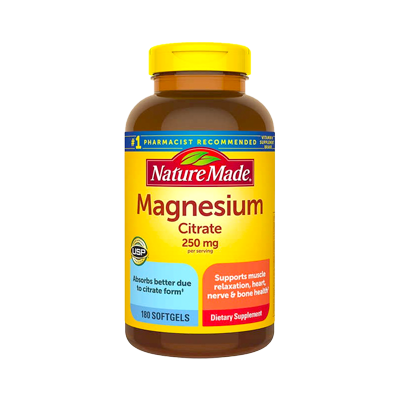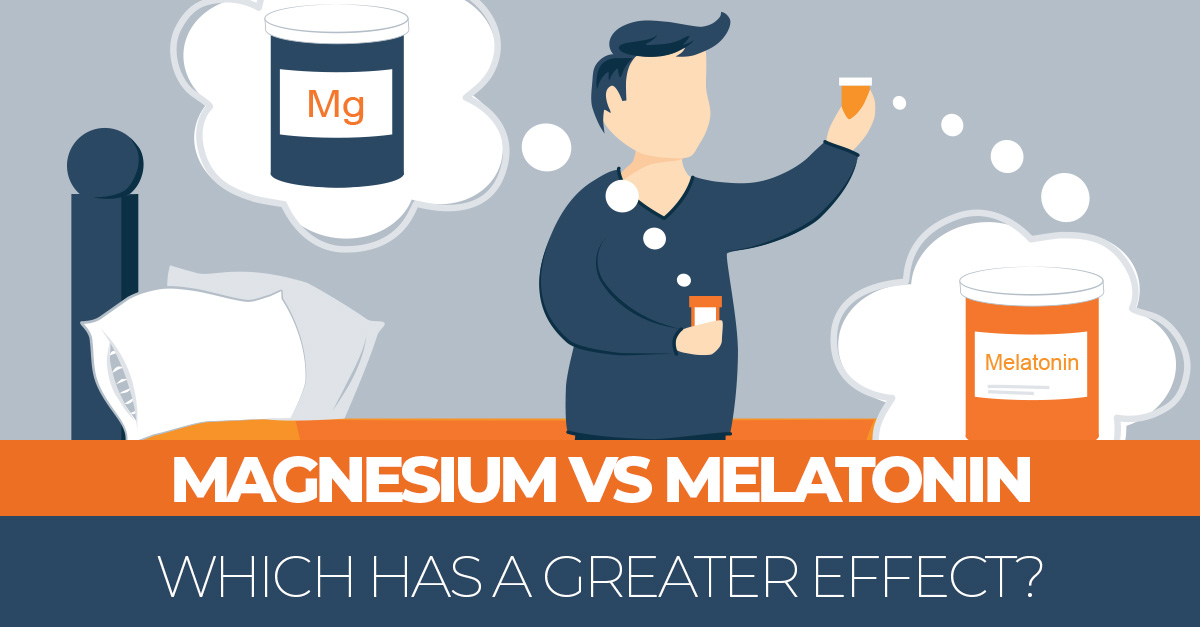
Sometimes to get a dose that will give relief for symptoms may be accompanied by Gastro -intestinal symptoms at first. There are also types of Magnesium that have actual clinical evidence on the Magnesium powder itself – your practitioner will be aware of these. So it is recommended to get advice on what type of powder supplement you should take. Often, depending upon your type of digestion – capsules or tablets are not going to get close to giving you the bio-availability required to get the dosage just right. Magnesium supplementation does have a lot of data that is starting to indicate a dosage window if you have a symptom picture. Remember dosage is critical! What to look for – Clinical Evidence So with Magnesium supplementation – many ingredients is definitely not always best, especially if you want the great benefits that Magnesium can offer. There are certain nutrients that directly compete for absorption with Magnesium and so this “mixing” in of extra nutrients with your magnesium supplement may look like it is giving you extra value – is in fact taking away vital absorption of your Magnesium. It is not always a good idea to take a mixed compound for your Magnesium supplement. What to look for – Mixed Magnesium supplements – value adding not always the answer After all not all digestive systems can take a big dose of magnesium all at once, so you may need to dissolve and sip during the day. The benefits of a Magnesium powder is compounded by its absorption optimization with delivery options, depending on the type of need or deficiency you have. The ideal Magnesium supplement will come as a powder without other nutrients added because getting enough Magnesium is not always possible in a tablet or capsule. The saying in this instance is certainly true – “Not all supplements are the same.” What to look for – The ideal Magnesium Supplement Magnesium off any shelf may not necessarily be bio-available for you, be clinically proven or be at a dosage level that research has shown to be beneficial. There does seem to be an optimal dosage window according to research – so the bio availability is important. Other factors such as bio-availability of the magnesium supplement are also vital. This is definitely an instance when the type of person you are and the type of deficiency should to be taken into account. Sometimes it is not as simple as deciding to take magnesium and going to your Health Food Store and getting a Magnesium supplement. Not all Magnesium supplements are the same Main Magnesium Ingredient can be found in published literatureĪsk your Practitioner for the best possible supplement suited for you.Dosage which matches research for efficacy.Powder rather than tablet – for optimized absorption.Ability to take Mg dose over extended period of time if required.Single Magnesium ingredient – not mixed nutrients.A health care provider can also instruct you on what kind to take, dosage, and frequency. Important: Magnesium supplements are not regulated by the US Food and Drug Administration (FDA), so talk with your doctor before trying it, Khayat says. Magnesium glycinate is also less likely to cause diarrhea, which is a common side effect of magnesium supplements.

There are several different types of magnesium supplements, but magnesium glycinate is the one most often used in sleep studies and can be purchased at most grocery or wellness stores.

However, do not exceed the upper tolerable limit of 350 mg a day or you may experience abdominal cramps and diarrhea.

The recommended supplement dose is between 270 mg to 350 mg for men and 280 mg to 300 mg for women. You can also try magnesium supplements to improve sleep, Dimitriu says. Three ounces contains 81 mg of magnesium, about 19% of the recommended daily intake for men and 25% for women.

A ¼ cup contains 89 mg of magnesium, which is about 22% of the recommended daily intake for men and 28% for women. One cup contains 163 mg of magnesium, which is about 38% of the recommended daily intake for men and 50% for women. One cup contains about 168 mg of magnesium, which is about 40% of the recommended daily intake for men and 52% for women. You can boost your magnesium intake by eating more magnesium-rich foods like:


 0 kommentar(er)
0 kommentar(er)
